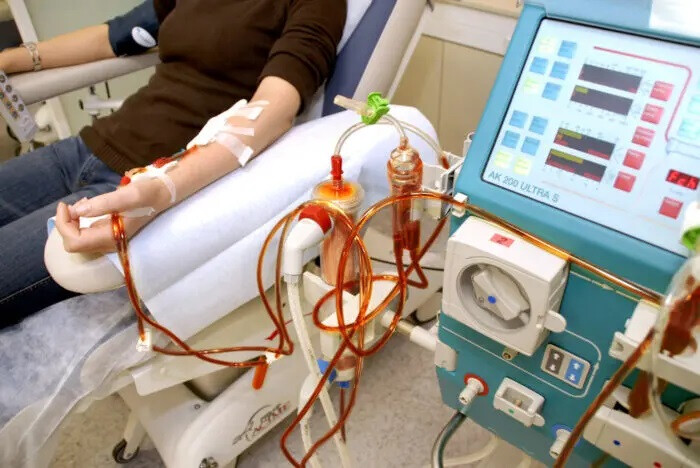
Seoul, South Korea - In a landmark achievement, a South Korean medical team has pioneered a revolutionary treatment for severe IgA nephropathy, combining high-dose steroid therapy (MP pulse therapy) with stem cell therapy. This innovative approach has demonstrated remarkable success in preserving kidney function and preventing the need for dialysis or transplantation in patients with advanced stages of the disease.
Dr. Byung-Soo Cho, an emeritus professor at Kyung Hee University School of Medicine, unveiled the 10-year follow-up results of this groundbreaking treatment at the World Congress of Nephrology (WCN) held in New Delhi, India, in February 2025.
A Novel Approach to a Challenging Disease
IgA nephropathy, the most common form of chronic glomerulonephritis, has long posed a significant challenge to medical professionals. While existing treatments can alleviate symptoms like proteinuria, a definitive cure has remained elusive.
Dr. Cho's innovative approach combines two powerful therapies:
MP Pulse Therapy:A high-dose steroid regimen developed by Dr. Cho in 1984, designed to rapidly suppress kidney inflammation.
Autologous Adipose-Derived Stem Cell Therapy:Utilizing stem cells extracted from the patient's own fat tissue to promote the regeneration of damaged kidney tissue.
Remarkable 10-Year Results
The 10-year follow-up study revealed striking results:
Patients who did not receive the combined therapy predominantly progressed to end-stage renal failure within three years, requiring dialysis.
In contrast, the majority of patients treated with the combined therapy maintained stable kidney function.
Even patients who were advised to get dialysis with 14ml/min of glomerular filtration rate, are living without dialysis for 10 years after this treatment.
"This breakthrough offers a beacon of hope for patients with severe IgA nephropathy, who previously faced a near-certain progression to end-stage renal failure," Dr. Cho stated.
Global Interest and Future Implications
Dr. Cho's presentation at the WCN garnered significant attention from the international medical community, with inquiries from physicians worldwide seeking to learn more about this promising treatment.
This pioneering research marks a significant advancement in the treatment of IgA nephropathy, offering new hope and improved outcomes for patients suffering from this debilitating disease.
[Copyright (c) Global Economic Times. All Rights Reserved.]






























